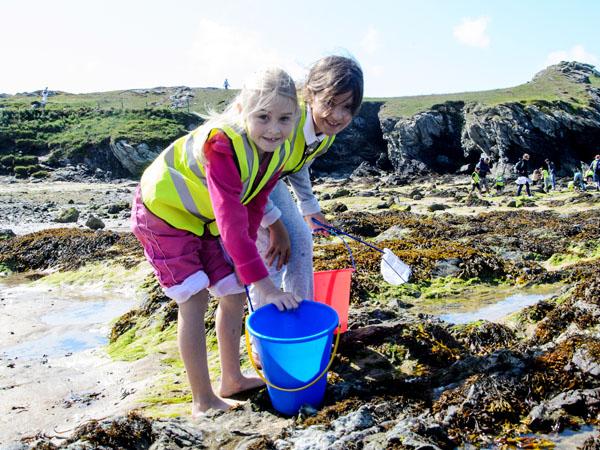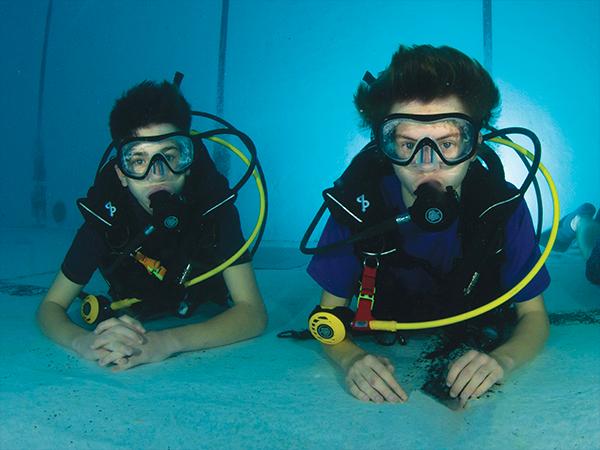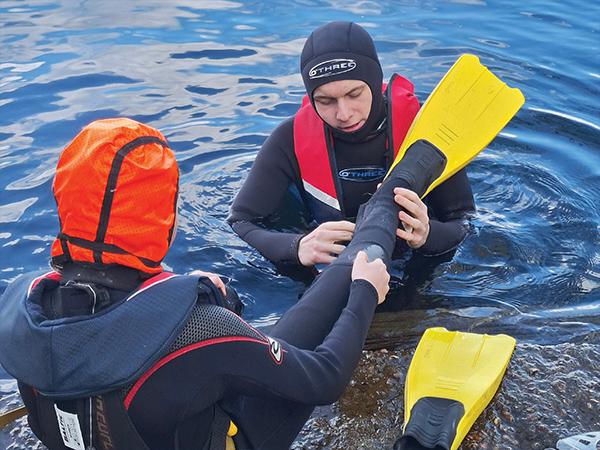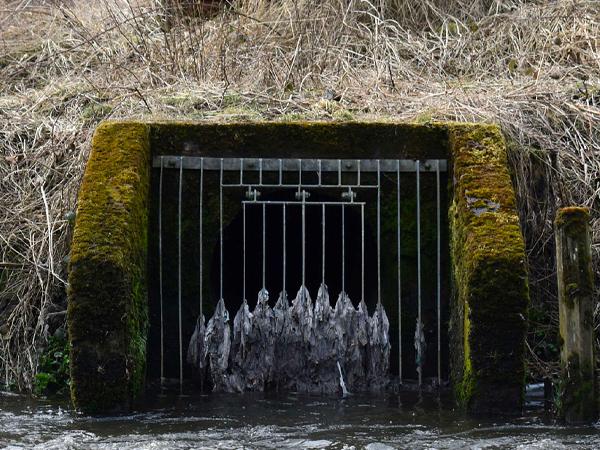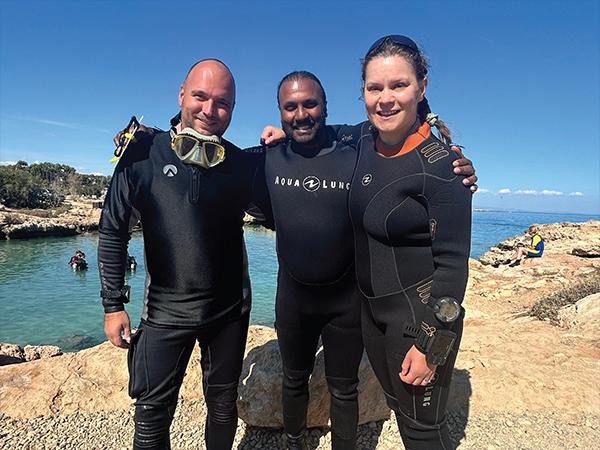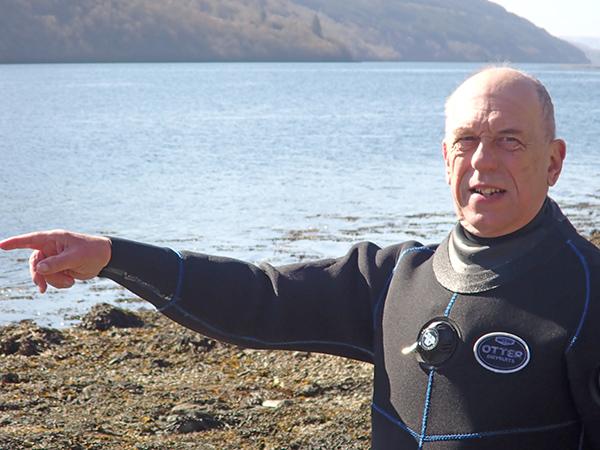BSAC is a registered body with the Disclosure and Barring Service (DBS) for England and Wales, AccessNI for Northern Ireland and Protecting Vulnerable Groups (PVG) Scheme for Scotland. BSAC can facilitate checks free of charge to our UK volunteers that meet the criteria.
DBS, AccessNI and PVG are government services that helps prevent unsuitable people from working with children and vulnerable adults. By processing requests for criminal records checks, it helps organisations like BSAC and BSAC clubs make safer volunteer recruitment decisions.
The checks are only required if the instructor is teaching children (under 18s) or adults at risk. Adults at risk describes people aged 18 or over who are in need of care and support, regardless of whether this is being received by them and, because of those needs, these persons are unable to protect themselves against abuse or neglect.
DBS checks are for those in England and Wales. Members in Northern Ireland receive AccessNI checks and Scottish members receive PVG checks. The principles and procedures are the same for all checks, BSAC just has to liaise with different bodies depending on where in the UK members live.
To apply for a check you need to meet the qualifying criteria:
- You must be a current BSAC member.
- Be over the age of 16.
- Be a Snorkel Instructor, Open Water Instructor (or above) or the Welfare Officer .
- A member of a club.
- Be taking part in unsupervised ‘regulated activity’ and teaching ‘regularly’ (see 'Criteria definitions' below).
If you are eligible, please email the Safeguarding Administrator to request the online application.
The evidence gathering for the online application must be completed by either the club's Welfare Officer or a committee member, to say that they are responsible for having seen the three types of identification for the applicant. The ID listed on this form must match the ID that the applicant enters on the online application. This must be emailed to us.
Criteria definitions
Regulated activity
The definition of regulated activity (i.e. work that a barred person must not do) in relation to children and vulnerable adults comprises, in summary:
(i) unsupervised activities: teach, train, instruct, care for or supervise children, or provide advice/ guidance on well-being, or drive a vehicle only for children;
(ii) work for a limited range of establishments (‘specified places’), with opportunity for contact: e.g. schools, children’s homes, childcare premises. Not work by supervised volunteers.
Regularly
Work under (i) or (ii) is regulated activity only if done regularly: “regularly” is defined as:
Teaching, training or instruction of children and adults at risk, carried out by the same person frequently (once a week or more often), or on 4 or more days in a 30-day period, or overnight.
More on the application process
At any time, the member can withdraw their application and the process will immediately stop. However, that means they won’t be able to teach children and adults at risk but instructors will still be able to continue to teach over 18s.
Once the online application has been submitted, the process of the checks usually takes up to seven working days and then a certificate is issued directly to the applicant (which can take up to 14 days to receive), BSAC is also notified.
BSAC will then send a letter of suitability to the applicant’s club Welfare Officer or Membership Secretary; therefore, no action is required from the applicant.
If there are any queries or content on the certificate, BSAC will request the certificate from the member and the BSAC Safeguarding Officer will liaise with the member directly.
The certificate belongs to the applicant and they are valid for three years from their date of issue.
When do the checks expire and need updating?
- If the applicant registers for the updated service annually they do not expire.
- NSPCC (and BSAC) recommends renewing the checks every three years. Checks are valid for three years from the date of issue.
- Renewal checks are currently completed the same way as the first check.

